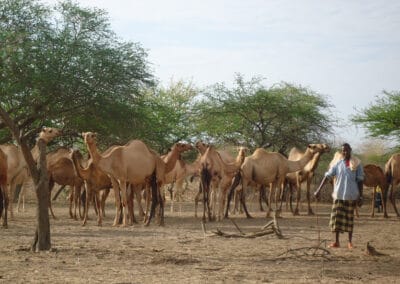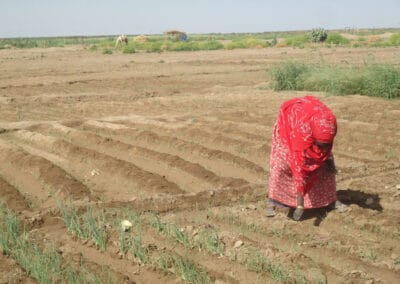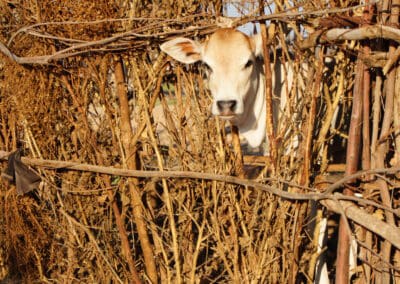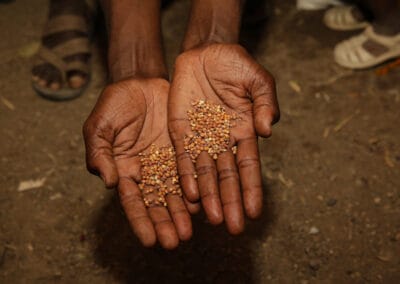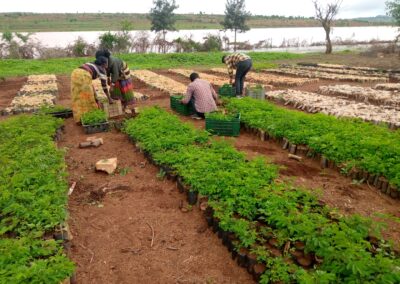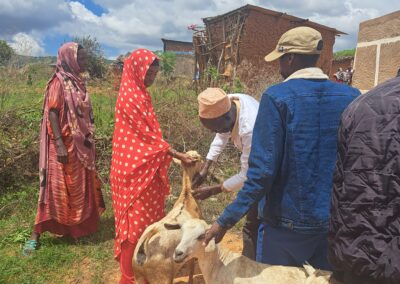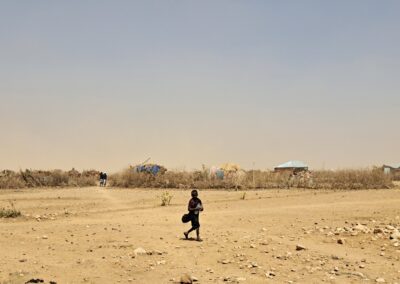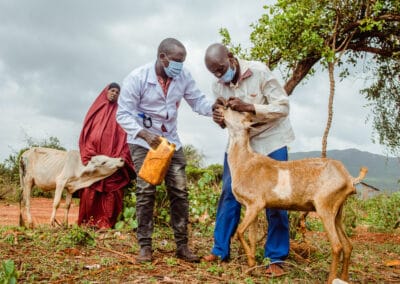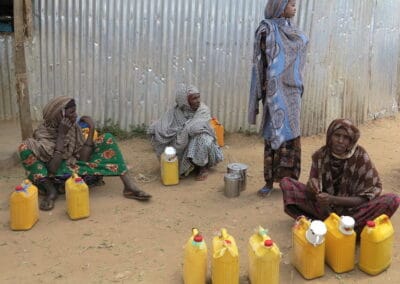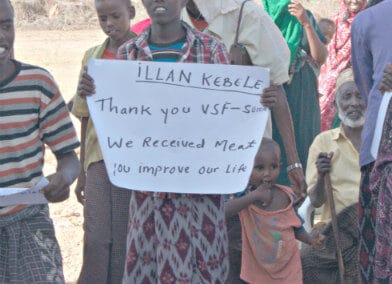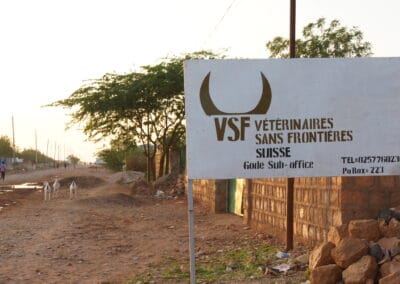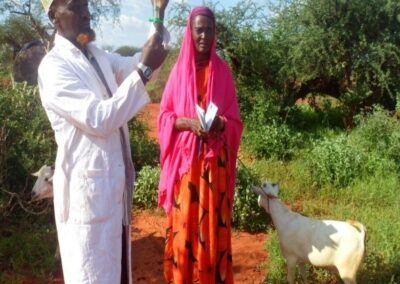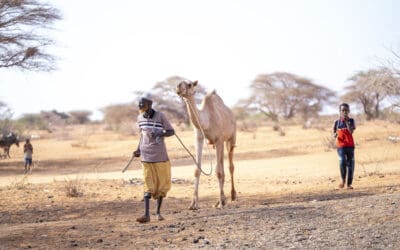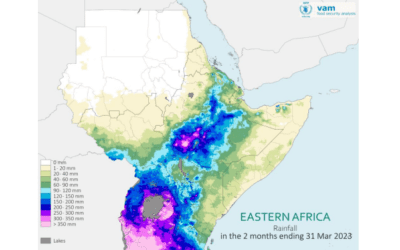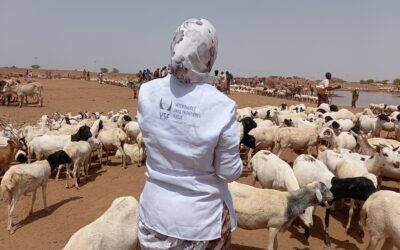Building resilience and creating economic opportunities in the Liben zone of Somali region
Project Overview

Country
Ethiopia
Project name
Project status
Completed
Duration of the project
| Start: | 01.10.2016 |
| End: | 31.03.2020 |
| 41 months |
Budget
In collaboration with
EU
Project area
Topics
Tags
Background
The Liben Zone is affected by recurrent droughts and many people suffer from food insecurity. As the majority of the population is nomadic, their livelihoods depend directly on livestock farming.
This dependence makes them very vulnerable during periods of drought. The lack of pasture and water is a major problem for nomads and their animals. If the cattle do not have enough water and fodder, they are more vulnerable to diseases and, in some cases, must be slaughtered.
This has dramatic consequences for the owner families who depend on their livestock. Limited access to markets is another problem because nomads are only able to sell their products at a low price.
Project:
The project aims to strengthen the livelihoods of vulnerable groups and improve access to basic services. The measures strengthen the resilience of target groups during periods of drought.
This includes the introduction of technologies that increase livestock and arable crop yields. VSF-Suisse trains nomads in fodder production, small irrigation systems and the selection of more drought-resistant seeds, so the cattle can also be fed during the dry season.
The project also strengthens the marketing of products (milk, fur, fodder, etc.) in order to improve shepherd nomads and small farmers’ income. Access to health services will also be increased. This includes training on a balanced diet, which strengthens the population’s health resistance during droughts.
Further projects in the country
Finished Projects:
.
Camels against climate change: celebrating the international year of the Camelids
The still young year is to be all about camelids. This was decided by the United Nations. The aim is to raise awareness of how important camelids are for the livelihoods of many people - and will become even more important in the future in view of the rapid...
Horn of Africa: from drought to flooding
Rainfall in parts of the Horn of Africa. © WFP After dry and hot weather conditions in January and February and a corresponding prolongation of the drought in the Horn of Africa, seasonal rains from March to May started on time in equatorial areas of the region and...
Working against drought and hunger in Ethiopia
Pictured: A community animal health worker trained by VSF-Suisse vaccinating goats in Ethiopia. © VSF-Suisse © VSF-Suisse The severe drought and the resulting food crisis continue to threaten human and animal lives in the Horn of Africa (we reported)....

